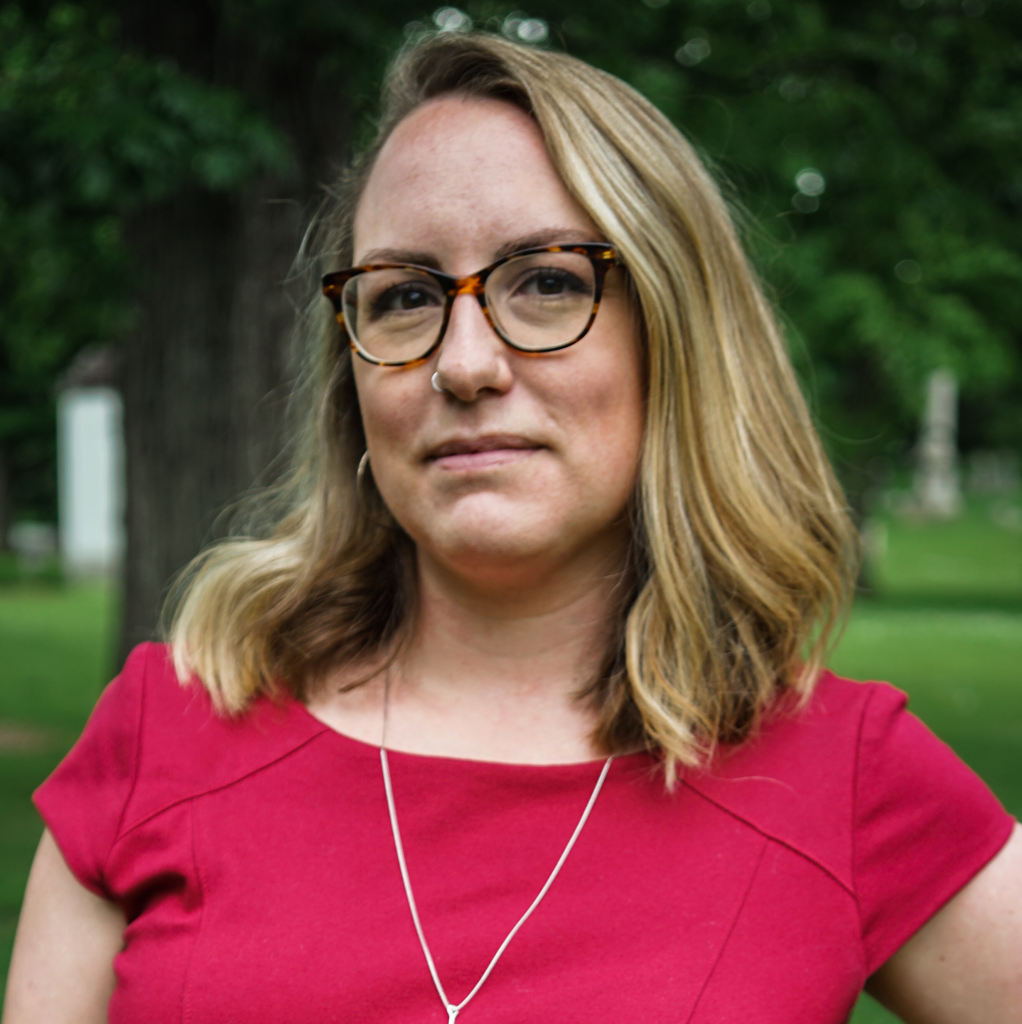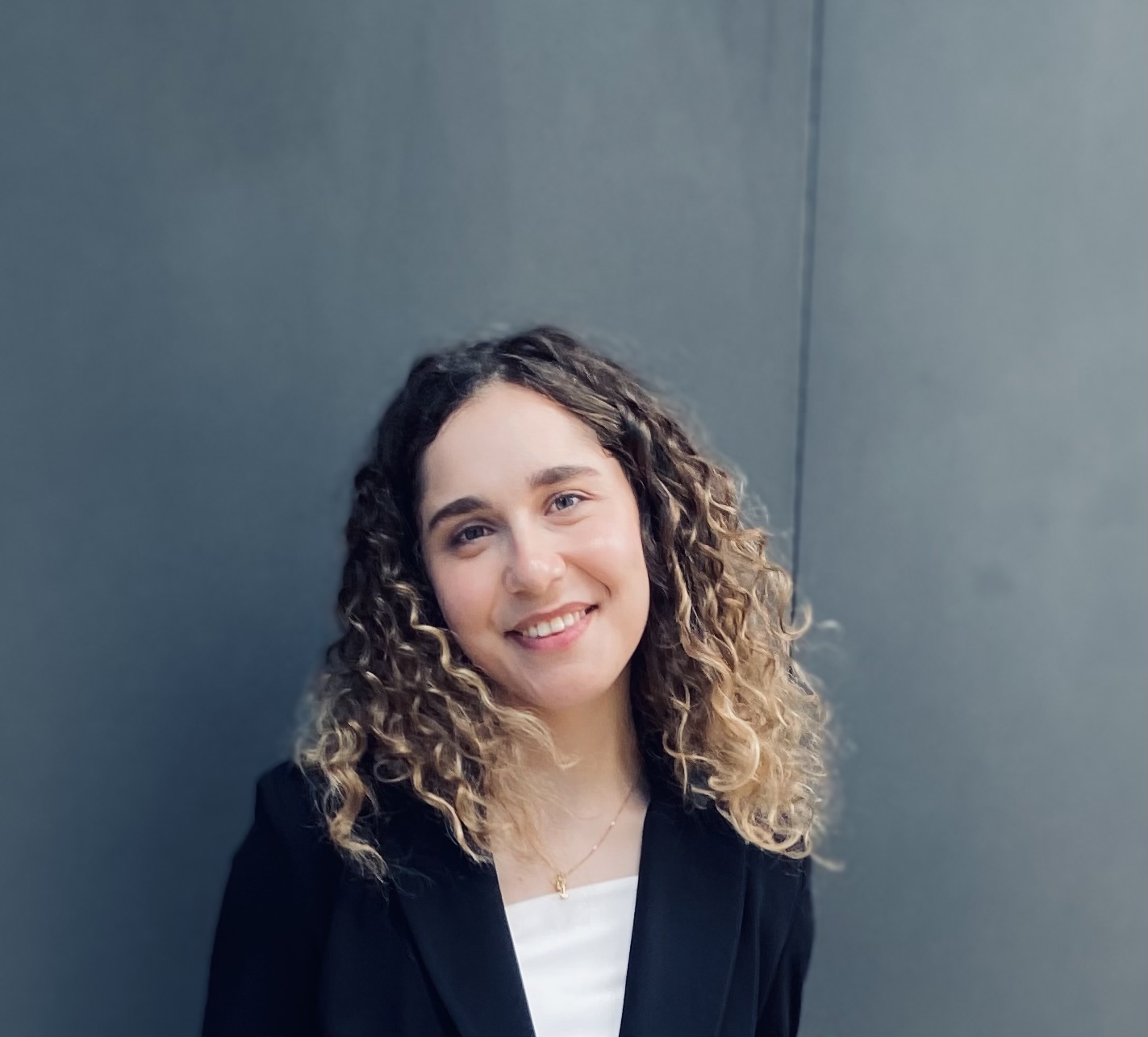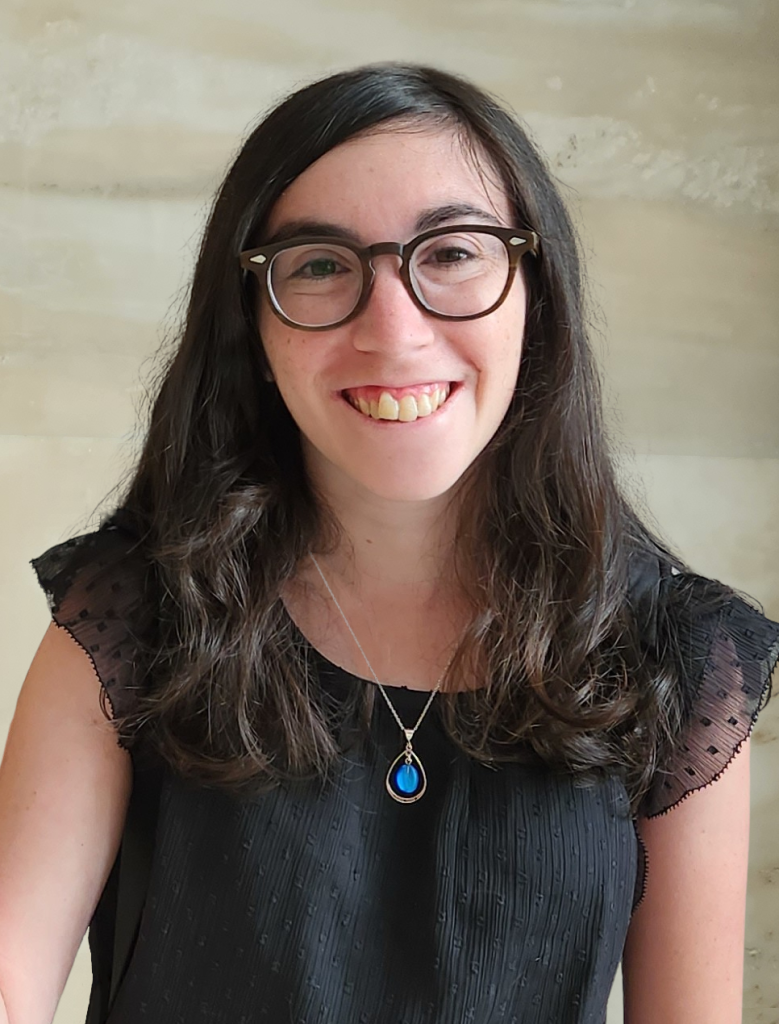2024 Disability Public History Award
Premio a la Historia Pública de la Discapacidad 2024
Desplácese hacia abajo para ver la versión en español.
How are you making disability history come alive for people? What projects have you been working on? What excites you in this work? Please share with us what you know!
We are the Disability History Association and we want to reward your work. The awardee will receive $300 (US) and a one-on-one conversation with a fabulous public historian. We are currently accepting applications for our award that supports public history projects related to disability and disabled people. This award recognizes excellent disability history work intended primarily for broad audiences (not academic audiences). The award is also meant to further the project’s reach and goals. The award may go to an individual or group who has completed a project or to an individual or group who is planning on completing a project. We give this award every two years, and we encourage you to apply now.
What is public history? It is often community-engaged and is always about sharing stories with larger audiences and everyday people. This award seeks to support people who are passionate about bringing history to life with resources like original documents, everyday objects, research by other people or themselves, and oral history interviews. Public history can take many forms.It can include, but is not limited to:
- publications,
- documentary films,
- digital and web projects,
- exhibitions, or
- public programs such as an educational workshop.
Qualifications:
- Anyone may apply for this award or nominate another person’s or group’s project.
- Membership in DHA is encouraged but not required for consideration.
- Community-based and community-led disability history projects from the last two years are especially welcome.
- We seek applications from individuals, teams, organizations and especially projects that meaningfully engage disability and BIPOC communities.
- Partnerships with academic institutions, such as schools or universities, are not not required.
- Projects may address any and all time periods and geographic regions.
- All applications must be in English, including for projects done in another language. If the project is not originally conveyed in written English, please provide a full translation.
TO APPLY: Submit the following materials by email by July 15, 2024, 11:59 PM EST, to the Award Committee Co-Chair Anne Parsons, aeparson@uncg.edu. Please submit a written document, video, or audio file that answers the below questions to the best of your knowledge.
Questions to Address:
- What do you want people to know about the history you have found?
- What did you learn and what is important for people to know?
- If you are just beginning the project, how would you use the money? If this is for a completed project, ignore this question.
- How have you worked with disability communities to research this topic (whether with documents or living people)? If you are just starting the project, how do you plan to work with disability communities?
- Explain your access considerations for the project and how you’ve made it physically or programmatically accessible.
- Who helped you on this project? Who did you collaborate with, if anyone? Please list your primary collaborators and participants, noting their affiliations (if any) and roles. The DHA is especially seeking applications from individuals and organizations that engage disability and BIPOC communities.
- What sources did you find helpful on the project? Share at least five sources.
Supporting Materials:
Please submit no more than five supporting materials related to the project that you have. If you do not have any materials, that is fine. These materials could include:
1. Drafts, image files, pictures, links, or documents about the project
2. Media coverage about the project
3. Copies of public feedback about the project
4. Supporting letters from colleagues, partners, community members
Submission Guidelines:
You may submit your application or nomination in three ways: a written document, a video, or an audio file. Applicants can also submit materials in another format if that is more accessible.
- Written Document – Please write 500-1,500 words and save the document in a Word or a PDF file. Then, email the document to aeparson@uncg.edu.
Or
- Video/Audio File – You may create the video/audio however you would like, but please limit it to 10 minutes. Then, save the audio/video file to a cloud-based storage folder and send the link to the file to aeparson@uncg.edu Please be sure to change the permissions to make the file viewable.
If you are nominating someone else, please answer the above questions to the best of your knowledge and provide the contact information for the project or the people who worked on the project. We will announce the award winner in August 2024.
Award Committee
Nicole Belolan, Perri Meldon, Corbett O’Toole, Katherine Ott, and Anne E. Parsons
Questions? Visit the DHA website [https://dishist.org/ ] for additional details about the DHA or contact Dr. Anne Parsons at aeparson@uncg.edu. You can also view this call for applications on the award website: https://dishist.org/?page_id=1230.
Premio a la Historia Pública de la Discapacidad 2024
¿Cómo se hace para que la historia de la discapacidad cobre vida para las personas? ¿En qué proyectos has estado trabajando? ¿Qué te apasiona de este trabajo? ¡Por favor comparte con nosotros lo que sabes!
Somos la Asociación Historia de la Discapacidad y queremos premiar tu trabajo. El premiado recibirá 300 dólares (EE.UU.) y una conversación individual con un fabuloso historiador público. Actualmente estamos aceptando solicitudes para nuestro premio que apoya proyectos de historia pública relacionados con la discapacidad y las personas discapacitadas. Este premio reconoce el excelente trabajo sobre la historia de la discapacidad destinado principalmente a un público amplio (no académico). El premio también tiene como objetivo promover el alcance y los objetivos del proyecto. El premio puede otorgarse a una persona o grupo que haya completado un proyecto o a una persona o grupo que esté planeando completar un proyecto. Otorgamos este premio cada dos años y le animamos a presentar su solicitud ahora.
¿Qué es la historia pública? A menudo participa la comunidad y siempre se trata de compartir historias con audiencias más amplias y gente común. Este premio busca apoyar a personas apasionadas por darle vida a la historia con recursos como documentos originales, objetos cotidianos, investigaciones realizadas por otras personas o por ellos mismos y entrevistas de historia oral. La historia pública puede tomar muchas formas. Puede incluir, entre otras:
- publicaciones,
- películas documentales,
- proyectos digitales y web,
- exposiciones, o
- programas públicos como un taller educativo.
Calificaciones:
- Cualquiera puede postularse a este premio o nominar el proyecto de otra persona o grupo.
- Se recomienda la membresía en DHA, pero no es un requisito para su consideración.
- Los proyectos de historia de la discapacidad basados y dirigidos por la comunidad de los últimos dos años son especialmente bienvenidos.
- Buscamos solicitudes de individuos, equipos, organizaciones y especialmente proyectos que involucren significativamente a las comunidades de discapacidad y BIPOC.
- No se requieren asociaciones con instituciones académicas, como escuelas o universidades.
- Los proyectos pueden abordar todos y cada uno de los períodos de tiempo y regiones geográficas.
- Todas las solicitudes deben estar en inglés, incluso para proyectos realizados en otro idioma. Si el proyecto no se transmite originalmente en inglés escrito, proporcione una traducción completa.
PARA SOLICITAR: Envíe los siguientes materiales por correo electrónico antes del 15 de julio de 2024 a las 11:59 p. m. EST a la copresidenta del comité de adjudicación, Anne Parsons, aeparson@uncg.edu. Envíe un documento escrito, video o archivo de audio que responda las siguientes preguntas según su leal saber y entender.
Preguntas a abordar:
1. ¿Qué quieres que la gente sepa sobre la historia que has encontrado?
2. ¿Qué aprendiste y qué es importante que la gente sepa?
3. Si recién estás comenzando el proyecto, ¿cómo usarías el dinero? Si se trata de un proyecto terminado, ignore esta pregunta.
4. ¿Cómo ha trabajado con comunidades de personas con discapacidad para investigar este tema (ya sea con documentos o con personas vivas)? Si recién está comenzando el proyecto, ¿cómo planea trabajar con las comunidades de discapacitados?
5. Explique sus consideraciones de acceso para el proyecto y cómo lo hizo accesible física o programáticamente.
6. ¿Quién te ayudó en este proyecto? ¿Con quién colaboraste, si es que hubo alguien? Enumere sus principales colaboradores y participantes, indicando sus afiliaciones (si las hubiera) y funciones. La DHA está buscando especialmente solicitudes de personas y organizaciones que interactúen con las comunidades de personas con discapacidad y BIPOC.
7. ¿Qué fuentes le resultaron útiles para el proyecto? Comparta al menos cinco fuentes.
Materiales de apoyo:
No envíe más de cinco materiales de apoyo relacionados con el proyecto que tiene. Si no tienes ningún material, está bien. Estos materiales podrían incluir:
- Borradores, archivos de imágenes, fotografías, enlaces o documentos sobre el proyecto.
- Cobertura mediática sobre el proyecto
- Copias de comentarios públicos sobre el proyecto.
- Cartas de apoyo de colegas, socios y miembros de la comunidad.
Directrices para el envío:
Puede enviar su solicitud o nominación de tres maneras: un documento escrito, un video o un archivo de audio. Los solicitantes también pueden enviar materiales en otro formato si les resulta más accesible.
- Documento escrito: escriba entre 500 y 1500 palabras y guarde el documento en un archivo Word o PDF. Luego, envíe el documento por correo electrónico a aeparson@uncg.edu.
O
- Archivo de video/audio: puede crear el video/audio como desee, pero limítelo a 10 minutos. Luego, guarde el archivo de audio/video en una carpeta de almacenamiento basada en la nube y envíe el enlace al archivo a aeparson@uncg.edu. Asegúrese de cambiar los permisos para que el archivo sea visible.
Si está nominando a otra persona, responda las preguntas anteriores lo mejor que pueda y proporcione la información de contacto del proyecto o de las personas que trabajaron en el proyecto. Anunciaremos el ganador del premio en agosto de 2024.
Comité de premiación
Nicole Belolan, Perri Meldon, Corbett O’Toole, Katherine Ott y Anne E. Parsons
¿Preguntas? Visite el sitio web de la DHA [https://dishist.org/] para obtener detalles adicionales sobre la DHA o comuníquese con la Dra. Anne Parsons en aeparson@uncg.edu. También puede ver esta convocatoria de solicitudes en el sitio web del premio: https://dishist.org/?page_id=1230.








